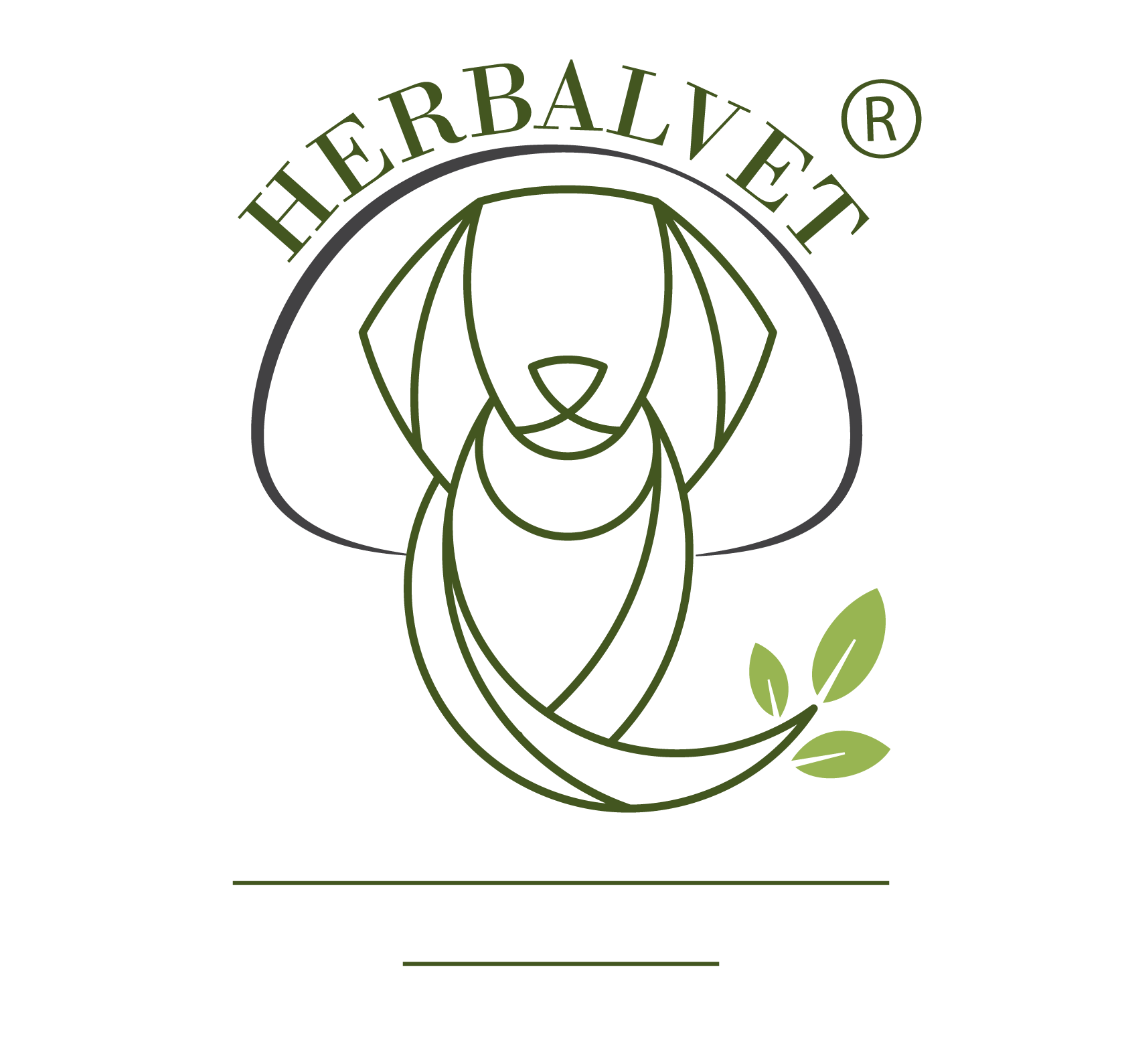
The adaptogenic almond mushroom has a number of scientifically proven, unique medicinal properties. Its anti-tumour effects have been demonstrated in laboratory settings and in animal studies. A vast amount of information is now available, mainly from experience in humans and experimental animals.
I have very briefly summarised its extremely wide range of beneficial physiological properties.
Native to the American continent, the Almond mushroom (Agaricus blazei murill) has a pleasant almond-like smell and taste. The crispy fleshy mushrooms are eaten almost daily in some parts of Brazil. It was called the Mushroom of Life, or Cogumelo da Vida and it was the secret to the longevity of the area’s inhabitants. Growing Agaricus blazei murill is not easy, which is why it is expensive.
Almond mushrooms are an excellent source of minerals (Fe, Ca, P, Cu, Zn, K, Na), vitamins (D2, E vit, Biotin, Folic acid, Niacin) and fibre (about 20% of the fibre content).
It has a polysaccharide content of 12% which is the highest among medicinal mushrooms. It is mainly composed of easily absorbable 1-3 and 1-6 beta glucans with antioxidant activity, which gives it outstanding antitumor and immunomodulatory activity.
Its anti-tumour effects have been demonstrated in laboratory conditions and in animal studies. Almond mushroom stimulates T-lymphocytes and macrophages. It prevents the formation of metastases. Its mechanism of action is not fully understood, but it appears to “switch on the apoptotic effect” in tumour cells. (Programmed cell death.) Its anti-tumour effects have been found to be most effective in breast, leukaemia, prostate, colon and rectal cancers. The active substance agaritin is effective against leukaemia (2010 Japanese researchers).
It reduces blood fat, thus preventing atherosclerosis.
Improves insulin sensitivity through its isoflavones, thereby normalising blood sugar levels – antidiabetic effect. Use with insulin treatment requires caution and attention!
Liver protectant helps the regeneration of damaged liver cells.
Immune booster.
Improves oxygenation at the cellular level through its extremely powerful antioxidant action.
Almond mushroom also strengthens the nervous system, it can be used successfully in cases of mental fatigue, in reducing symptoms of emotional stress, in lowering the risk of age-related degenerative diseases and in slowing down their destructive effects.
It is a natural antibiotic. Its antiviral activity is demonstrated by its effectiveness against influenza, it is one of the natural antivirals against HIV. It kills a significant proportion of bacteria, and it also helps in the infection of Streptococcus pneumoniae bacteria, which causes pneumonia and meningitis, by destroying the bacteria.
It also combats the Candida fungus through its fungicidal action.
It also has an anti-inflammatory effect. It does this by releasing cytokines, chemokines and leukocyte growth factors. It has been reported to significantly improve chronic ulcerative colitis and Crohn’s disease.
In adults with Crohn’s disease, intestinal inflammation was significantly reduced when they took almond mushroom extract for 12 days (Scandinavian Journal of Immunology 2011.)
I’ve left the real curiosity for the end, the relief of allergy symptoms by reducing IgE levels. The real difference between less severe so-called food intolerance and allergy is that the body produces a different type of immunoglobulin. IgG levels were significantly elevated in food intolerance, while IgE levels were significantly elevated in true allergy. These are usually checked by blood tests.
Its human applications today:
- Allergy
- Autoimmune diseases (e.g., Hashimoto’s thyroiditis, rheumatoid arthritis)
- Diabetes
- Vascular diseases
- Infectious diseases
- Dieting
- Inflammations
- Hepatitis B
- Immune boosting
- Arthritis
- Elimination of circulatory problems
- Relieving symptoms caused by chemotherapy and radiotherapy
- Liver fattening/regeneration
- Detoxification
- Cell renewal
- Weight loss

